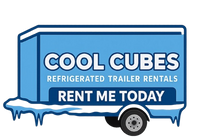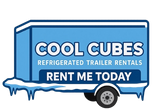Portable Freezer Trailers vs. Traditional Cold Storage: Which Is Right for You?
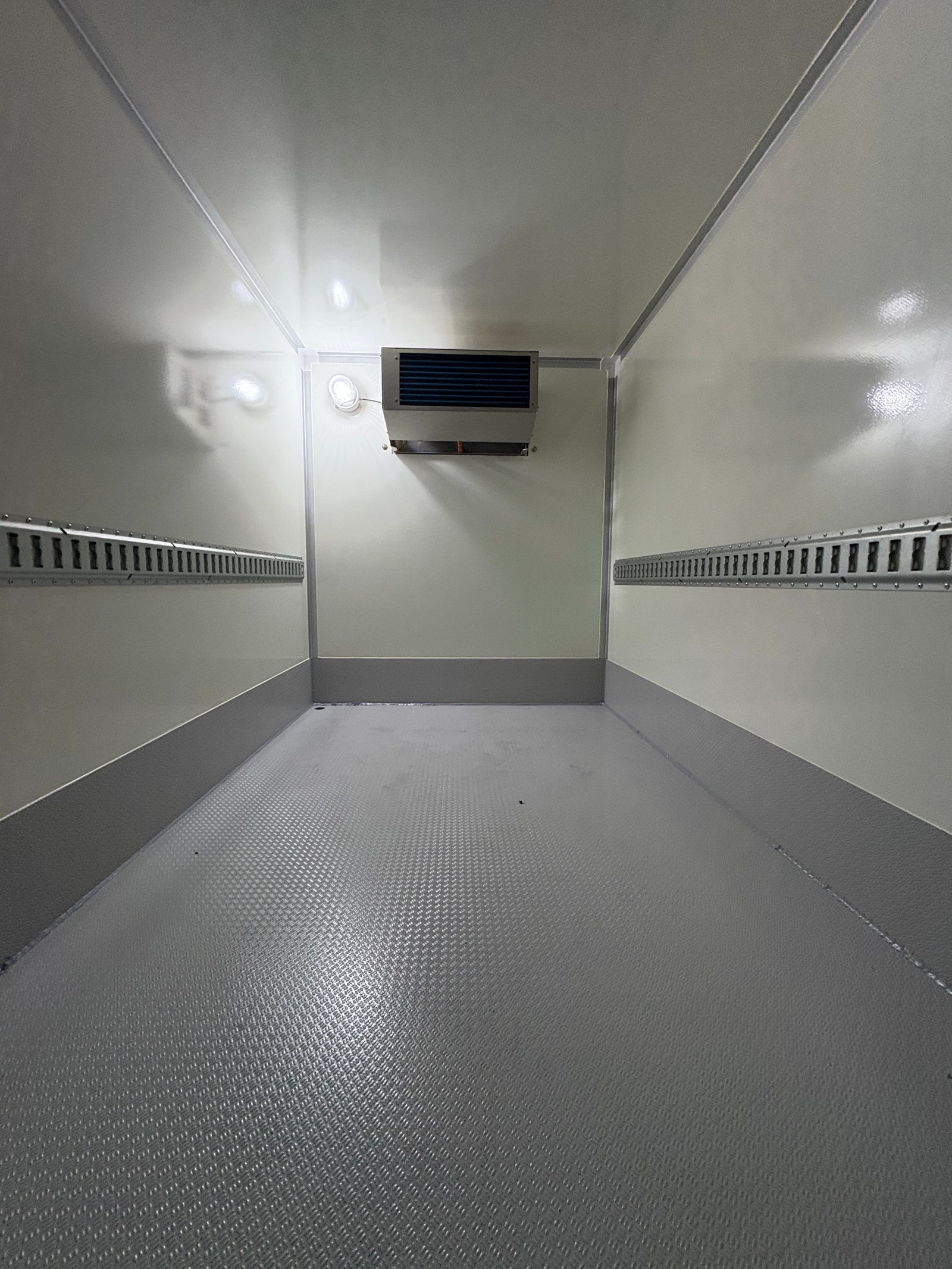
Introduction
Businesses that rely on cold storage — from caterers and food distributors to pharmaceutical companies — are increasingly exploring portable freezer rentals as an alternative to traditional storage facilities.
The choice between a stationary cold room and a mobile freezer trailer depends on several factors: location, duration, capacity, and flexibility.
Below, we break down how both options compare - objectively - to help you determine which best fits your operational needs.
1. Flexibility and Deployment
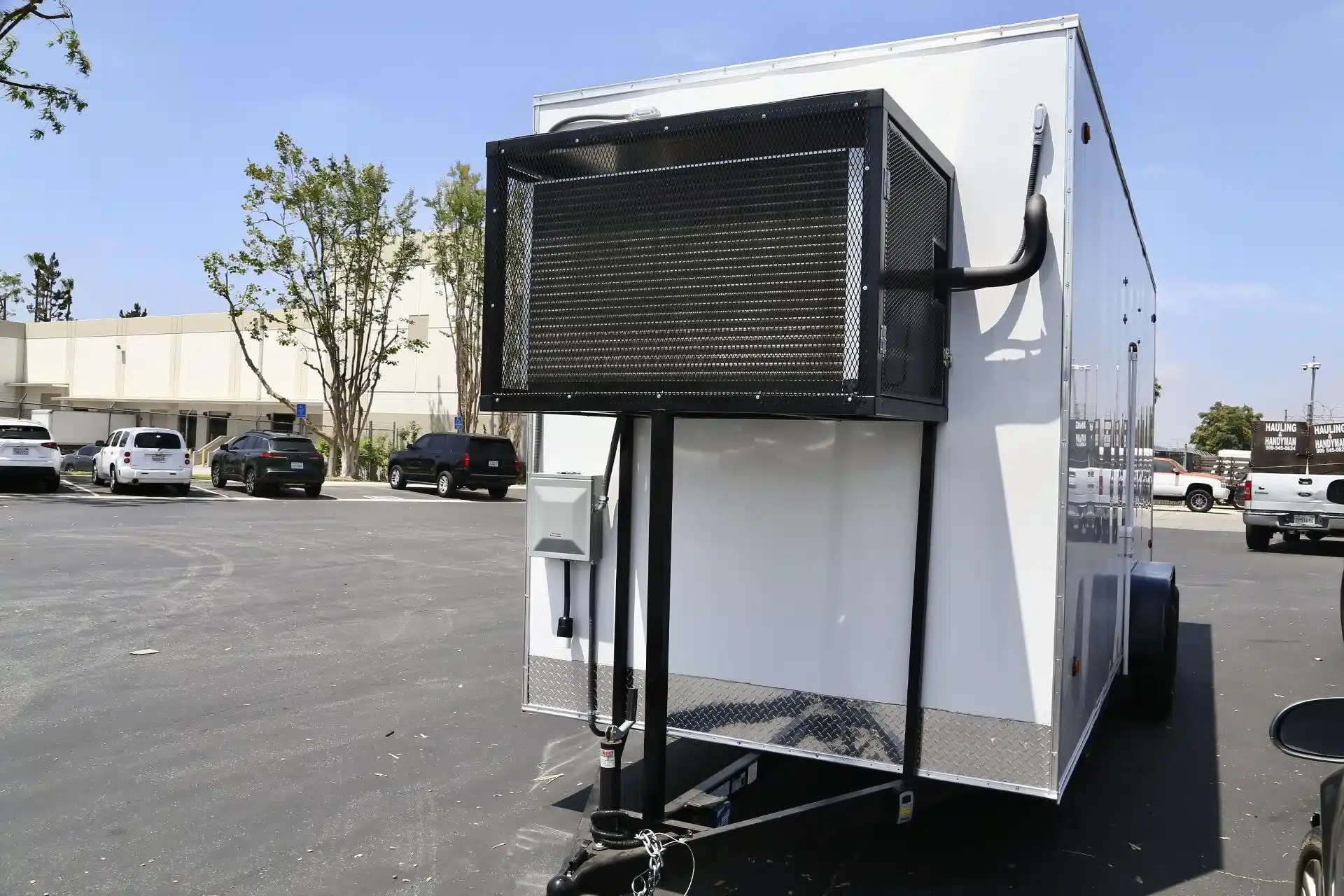
Portable freezer trailers are designed for temporary, flexible use. They are typically delivered to your location, positioned where needed, and retrieved when your rental period ends. Customers do not tow or drive these units; they are managed by the rental provider.
This delivery model makes portable units particularly useful for:
-
Temporary cold storage during peak seasons
-
Outdoor events or catering setups
-
Emergency refrigeration during outages or renovations
By contrast, traditional cold storage is fixed - often located off-site - requiring you to transport goods to and from the facility. While permanent facilities offer more space, they sacrifice convenience and speed of deployment.
2. Cost and Commitment

The financial structure is one of the biggest differences.
| Option | Cost Model | Ideal Use Case |
|---|---|---|
| Portable Freezer Trailer | Pay-as-you-go (daily, weekly, or monthly) | Temporary or seasonal needs |
| Traditional Cold Storage | Long-term lease or ownership | Ongoing, high-volume operations |
A portable freezer rental is typically more cost-effective when storage is needed for a limited duration. There are no build-out expenses, no construction permits, and minimal setup time.
However, if your operation requires constant, high-volume cold storage year-round, a permanent cold storage facility may be the more economical long-term solution.
3. Temperature Precision and Reliability

Modern portable freezer trailers use compressor-driven refrigeration with digital temperature regulation, often ranging from -10°F to 40°F. This allows users to adjust based on the nature of the goods - frozen food, beverages, pharmaceuticals, or floral products.
In comparison, traditional cold storage typically offers more industrial-scale systems, often with redundant power and backup systems - which can be a plus for large distributors but overkill for smaller operations or short-term needs.
Both options deliver reliable cooling - the distinction lies in capacity and use context, not temperature performance.
4. Accessibility and Logistics
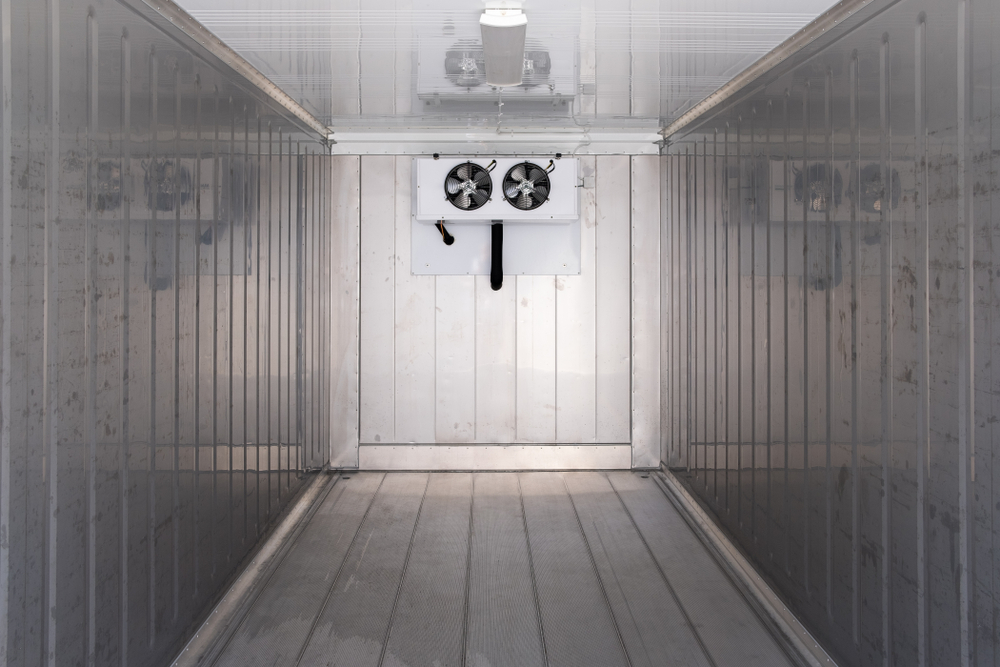
One of the strongest advantages of a portable freezer trailer is on-site access. These units are delivered directly to your location, allowing for ground-level loading and unloading - no ramps or forklifts required.
They can plug into a standard power source or generator, offering flexibility for remote sites and events.
Traditional cold storage, while offering greater capacity, may require added logistics — trucking goods between facilities, coordinating dock schedules, and managing additional labor.
In other words, trailers trade volume for immediacy and simplicity.
5. Scalability and Response Time
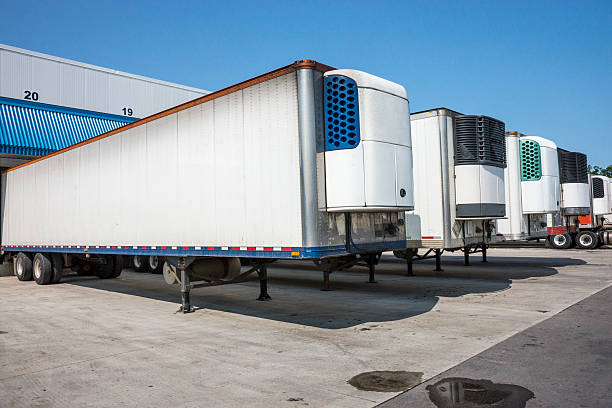
If your business experiences fluctuating demand, portable units allow quick scaling.
You can rent additional trailers as needed, or reduce usage during slower months.
Fixed cold storage offers stability but lacks adaptability - scaling typically requires long-term expansion or new leases, which can take weeks or months.
For companies in event-based industries, disaster relief, or seasonal retail, mobility and quick deployment often outweigh size and permanence.
6. Limitations of Portable Freezer Rentals
While portable trailers offer convenience, they’re not ideal for every use case. Consider these limitations:
-
Limited internal volume: Generally smaller than fixed cold rooms.
-
Dependence on power availability: Requires reliable connection or generator.
-
Short-term cost premium: Daily or weekly rates may exceed monthly lease equivalents if used long-term.
-
Delivery scheduling: Availability can fluctuate during peak seasons.
Understanding these trade-offs helps align expectations with needs.
Conclusion: Matching Storage Type to Your Needs

Choosing between portable freezer rentals and traditional cold storage ultimately depends on how long, how often, and where you need refrigeration.
-
If your needs are short-term, location-specific, or event-driven, portable freezer trailers deliver unmatched flexibility and immediacy.
-
If you require large-scale, permanent refrigeration infrastructure, traditional cold storage remains the logical investment.
In today’s fast-moving industries, many businesses find a hybrid model - using portable trailers to supplement permanent capacity - offers the best balance between agility and stability.
Interested in Portable Freezer Options?
If you’re evaluating temporary or mobile cold storage solutions, consider exploring portable freezer trailer rentals available in your area.
These can be delivered, set up, and retrieved by professionals — providing reliable refrigeration without permanent overhead.
Go to rentcoolcubes.com to learn more about how portable freezer trailers could meet your operational goals.
